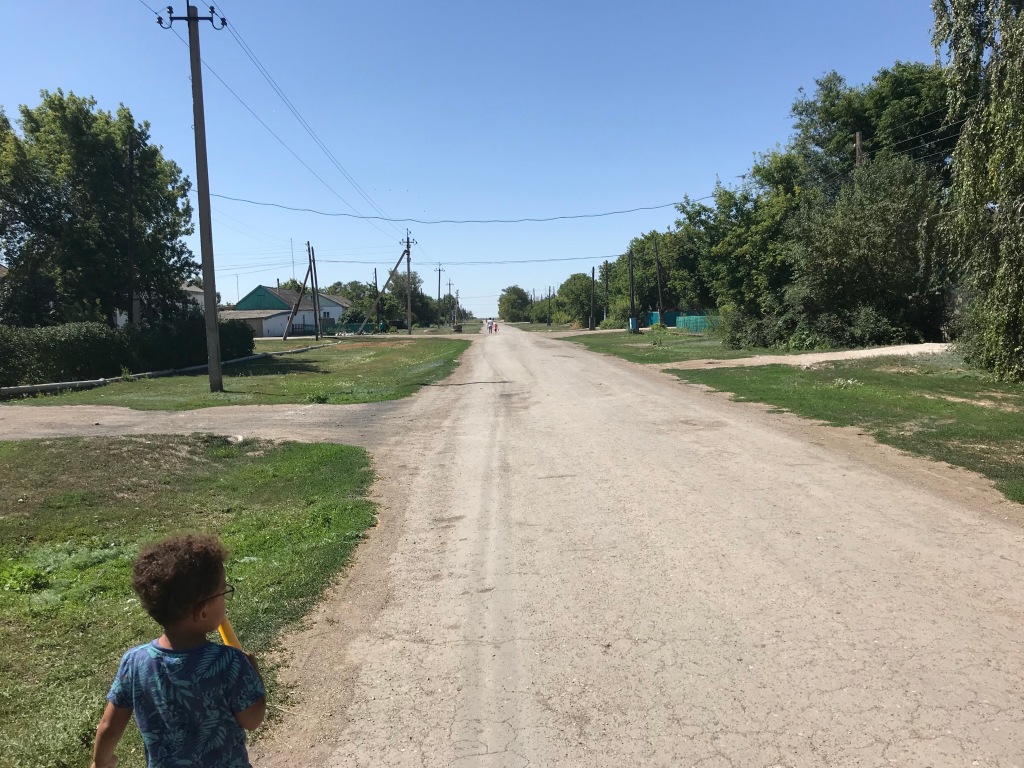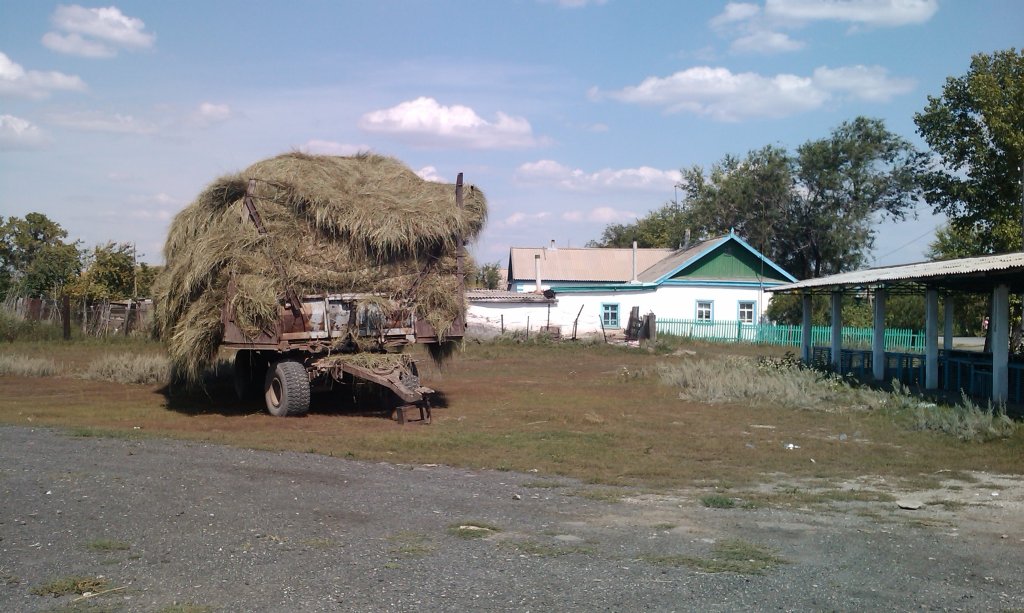It was kind of serendipitous to leave the political and academic setting of the Post-Development conference in Kassel for a very hands-on, relational workshop on Theater for Living. With the topic being “Us vs Them”, I took some time for reflecting my relation to this particular topic and how this may have played into my wish to participate.
My own „Us vs Them“
My “Us vs. Them” feels like it has much to do with my conscious and cautious self-positioning as a white privileged person, in a relationship with an “oppressed” (from my perspective, while he wouldn’t agree to such labeling of himself at the moment) Person of Colour and our child. It feels as if it was weaved into my wish to be “one of them” – to stand on their side to fight the right battle alongside them – in my particular personal history mostly referring to Rwandans – but seemingly prototypically for all African people. With this desire, knowing that I can never physically be one of them (if it truly is about skin colour), I feel trapped in the urge to side with them, while never really being able to leave the us – at least inside of my head, in the ways I am personally othering myself.
To explain my struggle with and the story behind this positioning, let us travel some 9 years back in time. 2010, in preparation of my voluntary year in Kigali (Rwanda), I first came in touch with the perspective of structual racism through the walk of power/privilege – and I was deeply confused, because I had never seen myself as one of the disadvantaged. In there, however, I noticed how people were advancing forward one step at a time, while I stayed somewhere in the back of the room. Comparing my own social position to those of others was awful and strange. And I felt like all of this did not even matter a single bit when I was in Rwanda shortly after. I admit, I sometimes played out the “I-am-not-as-purely-German-as-the-others-“ card when I was asked about my origin and I would rightfully say Kazakhstan. It was a complex ( )story.
More than six years have passed with a condition of trying to make myself pay for a collective legacy of guilt and Eurocentrism. I felt like I was given the only taste of healing through pregnancy and giving birth to our son – who was neither ‘us’ nor ‘them’. I felt this sense of him being the impersonification of all my desires for re-humanization and decoloniality – and still, over time, I realized that my and my partner’s positionalities put our child in a very tense and difficult situation, because he can never fully be “us” here, and never fully be “them” there – no matter from which place and position you voice this, it might be holding true (in a very pessimistic sense).
Theatre for Living
Back to Hamburg, September 2019. I entered the workshop of Theater for Living with this lived heaviness of “us vs them”, the desire of being with “them”, not really expecting too much about the topic as such, but much more excited to learn about the technique which I haven’t experienced myself yet.
The academic journeying into the post-development conference in Kassel, has left me with sense of powerlessness that usually haunts me after deep reflections on the world and its future/systematic change. Still, it has poured some drops on a seed of agency that lies buried in my head (or heart?). With Theater for Living, I felt like the soil has been watered, fed and exposed to the sunlight, because of a sense of agency that was created in concrete theater exercises, derived from lived and felt experiences of the people in the room.
Theater for Living is based on Augusto Boal’s Theater of the Oppressed, and it transcends it through a systemic understanding of oppression (and all other social phenomena). It aims not just to storytell at them (the oppressors), but rather with them, acknowledging that the oppressors and their violences are not just something out there, but are weaved into and have grown out of the community as such.
Agency
And it did take courage. David used to say “making theatre (or anything) about people we want to help does not take as much courage as making theatre about us”. The Eurocentric way of thinking and doing politics/development/peace has been perfecting the judgement calls on people over there, while rarely looking itself in the mirror and thereby acknowledging the entanglement of histories across the globe. David’s observation that communities are hungry for storytelling resonated in my cells and fueled my desire to listen to the stories we share collectively.
Offering, adding to and transforming stories became collective therapeutic practice inside the living organism of the group. It was miraculous.
For the first time ever since I started to read and learn about coloniality and racism, capitalism and modernity, I could feel a true sense of agency in the small stories that were present in the room. It chills me to the bones even as I write these lines. David repeatedly said: Specifity creates Universality, and it became alive through the experiences I was given in this workshop. I realized that what might seem as mundane stories in my own life mirror larger stories of global interconnectedness and the big pictures that I often seemed to feel powerless about.
Back to my “us and them”. Eventually, through the practice of techniques and methods from Theater for Living, I understood through my body what has been cognitively clear to me ever since I dived into peace studies, namely that the illusion of seperation is at the root of conflict. There is no us and them, and where there is, it arises from a conglomerate of needs and fears which want to be heard. My personal story of „us and them“, along with my desire of being with them, is eventually not a story about taking position on either side of the oppression or the violence. It now feels more like Ndlovu-Gatsheni calls it – choosing „the will to live“ as a decolonial attitude against the „the will to power“ which is at the base of coloniality. Hence, I find myself at precisely the crossroads that David identified when he said that we might need to change the tactic: Instead of merely protesting against something we don’t want, let us rather creating change that we do want.
The systems theoretical approach that lies at the foundation of Theater for Living provides it with powerful and transformative qualities of personal and collective agency. With deep and heartfelt thanks, I remain activated by these insights.
Thank you David.
Further Reading
Diamond, David. 2007. Theatre for Living. the art and science of community-based dialogue.

